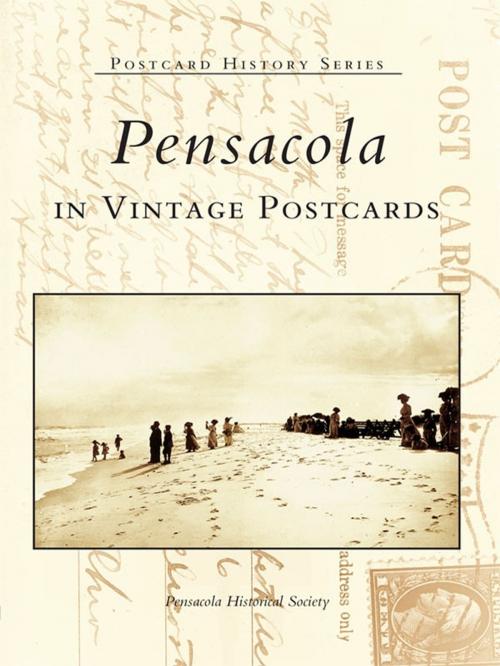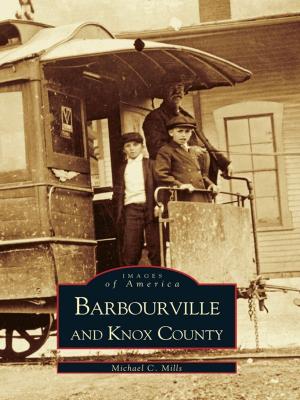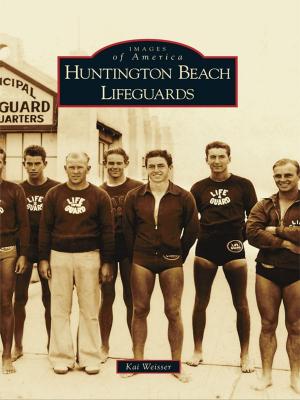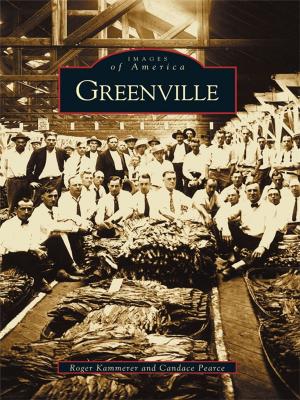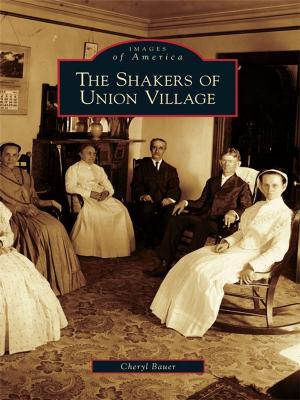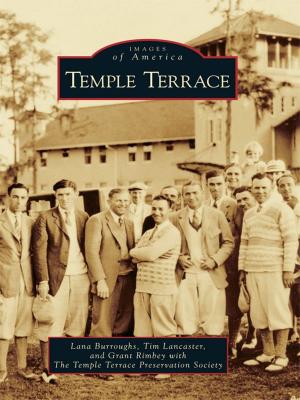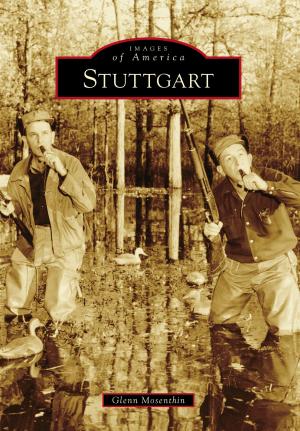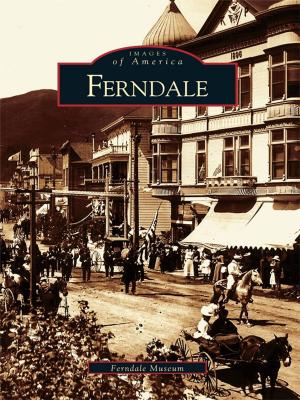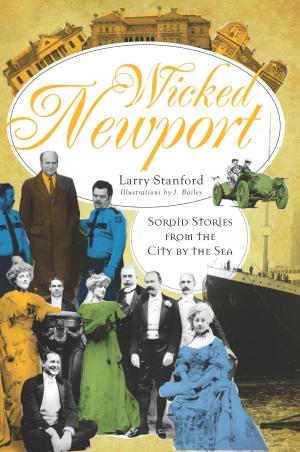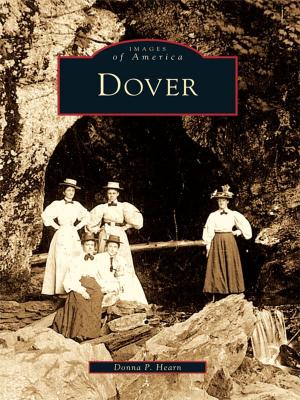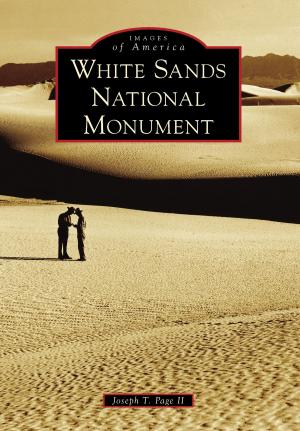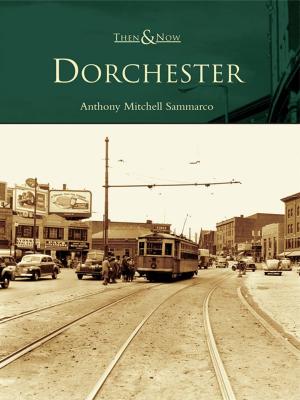Pensacola in Vintage Postcards
Nonfiction, Art & Architecture, Photography, Pictorials, Travel, History, Americas, United States| Author: | Pensacola Historical Society | ISBN: | 9781439629635 |
| Publisher: | Arcadia Publishing Inc. | Publication: | August 25, 2004 |
| Imprint: | Arcadia Publishing | Language: | English |
| Author: | Pensacola Historical Society |
| ISBN: | 9781439629635 |
| Publisher: | Arcadia Publishing Inc. |
| Publication: | August 25, 2004 |
| Imprint: | Arcadia Publishing |
| Language: | English |
Although Pensacola was permanently settled in 1698, not until the harvesting of yellow pine trees between 1870 and 1910 did the city begin to grow and prosper. During this golden era, a building boom transformed the city into a vibrant seaport and economic center. Pensacola's natural deep water harbor attracted merchant ships, and railroads increased access for goods and human transportation. Between 1825 and 1844, the Redoubt, the Navy Yard, and Forts Barrancas, Pickens, and McRee were constructed. Pensacola's many nicknames included "Cradle of Naval Aviation," "Annapolis of the Air," and "Mother-in-law of the U.S. Navy" since a large number of local women married navy men.
Although Pensacola was permanently settled in 1698, not until the harvesting of yellow pine trees between 1870 and 1910 did the city begin to grow and prosper. During this golden era, a building boom transformed the city into a vibrant seaport and economic center. Pensacola's natural deep water harbor attracted merchant ships, and railroads increased access for goods and human transportation. Between 1825 and 1844, the Redoubt, the Navy Yard, and Forts Barrancas, Pickens, and McRee were constructed. Pensacola's many nicknames included "Cradle of Naval Aviation," "Annapolis of the Air," and "Mother-in-law of the U.S. Navy" since a large number of local women married navy men.
